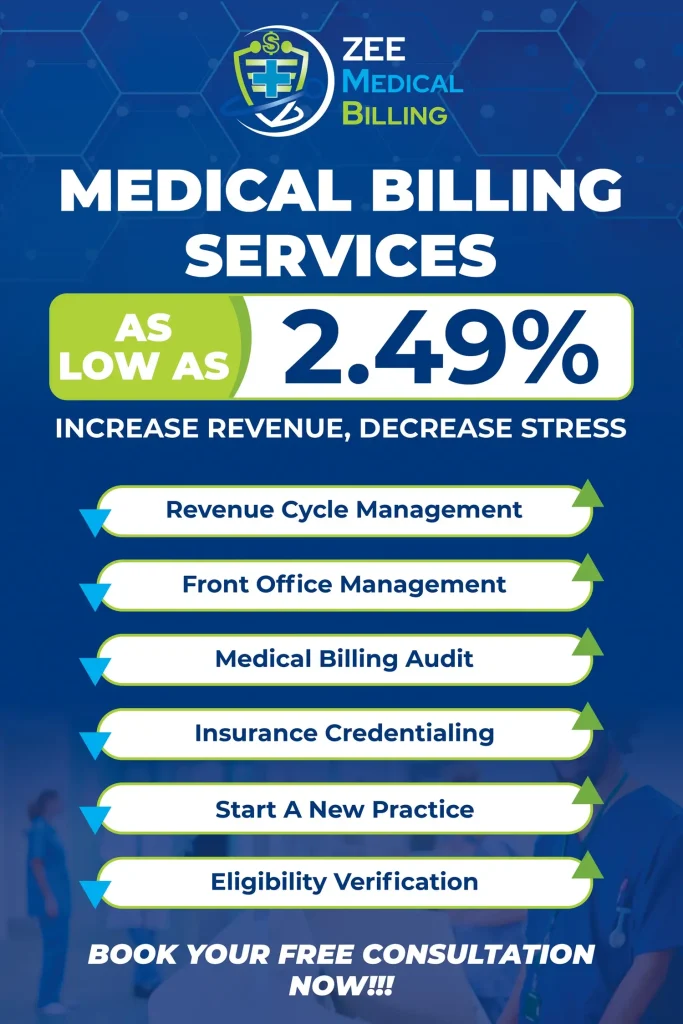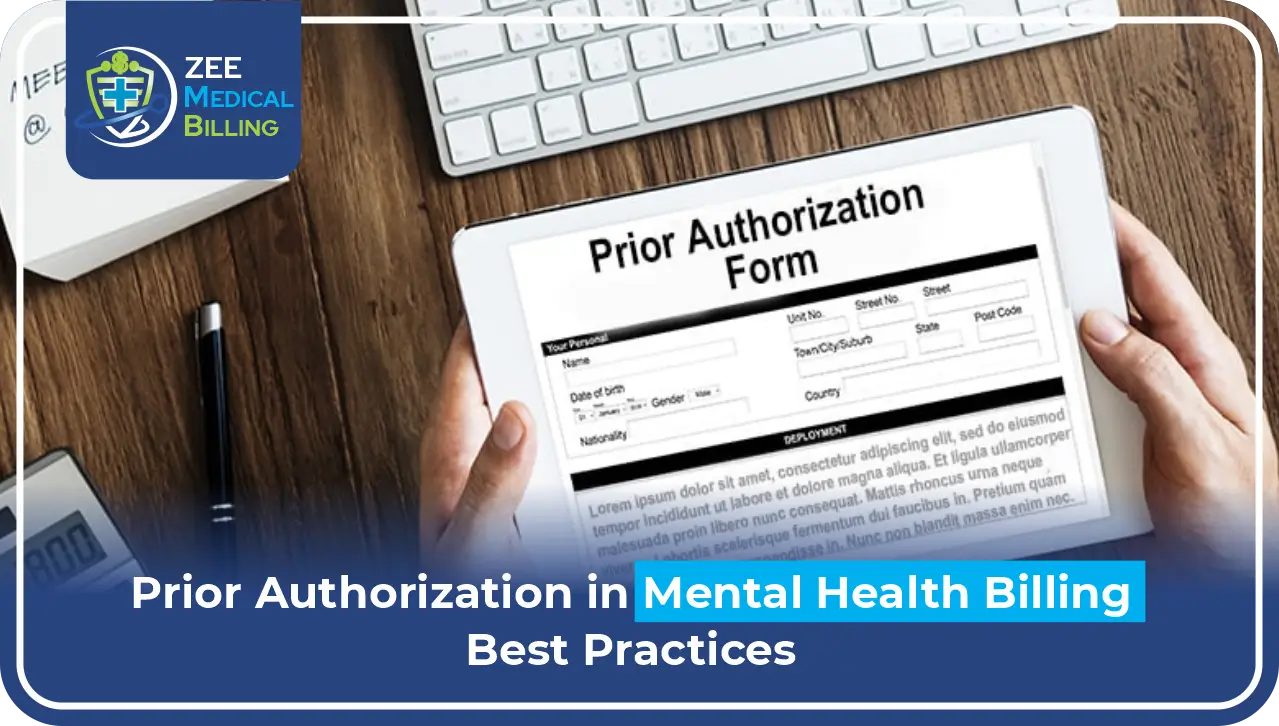Healthcare professionals devote their lives to focusing on others, but the intense demands of their work frequently place them at high risk for burnout. Burnout is a state of emotional, physical, and mental depletion caused by prolonged stress and exhaustion. It can influence work performance, patient care, and personal health. Understanding its causes and implementing effective solutions is significant for keeping a healthy, sustainable career in medical care.
Common Causes of Burnout
1. Excessive Workload
Extended periods, high patient volumes, and expanding administrative tasks contribute significantly to burnout. The pressure to meet tight timetables and handle emergencies can prompt exhaustion and decreased work fulfillment.
2. Emotional Strain
Healthcare professionals frequently manage life-and-death circumstances, patient suffering, and grief, which can incur significant damage. Compassion fatigue—a state of emotional depletion from prolonged exposure to patients’ suffering—further exacerbates burnout.
Read More: 10 Ways Healthcare Outsourcing Cuts Costs & Boosts Profits
3. Lack of Control and Autonomy
Numerous healthcare laborers feel restricted by bureaucratic guidelines, hospital approaches, and protection prerequisites. Limited decision-making power can prompt frustration and a sense of helplessness.
4. Lacking Support and Acknowledgment
A lack of appreciation from management, partners, or patients can cause healthcare workers to feel underestimated. Insufficient staffing and poor team dynamics further increase stress and resentment.
5. Work-Life Imbalance
The demanding nature of healthcare frequently brings about minimal time for individual life, family, and self-care. Chronic stress without proper recovery can prompt physical and mental health issues.
Solutions to Combat Burnout
1. Workload Management
- Encourage institutions to carry out fair planning practices.
- Advocate for manageable patient loads and decreased managerial weights.
- Use technology and delegation to streamline workflow.
2. Emotional Resilience and Self-Care
- Engage in mindfulness, meditation, or relaxation strategies.
- Look for proficient counseling or peer support groups to process emotional stress.
- Prioritize exercise, healthy nutrition, and adequate rest.
3. Upgrading Autonomy and Professional Satisfaction
- Advocate for greater contribution in decision-making processes.
- Take part in hospital clinic advisory groups or drives that improve working circumstances.
- Look for proceeding with instruction or specific training for career development.
Read More: How to Calculate Patient Financial Responsibility
4. Building a Supportive Work Environment
- Foster open communication and cooperation among colleagues.
- Encourage leadership to perceive and value employees’ efforts.
- Execute mentorship and wellness programs inside organizations.
5. Achieving Work-Life Balance
- Set boundaries by defining work hours and individual time.
- Enjoy breaks and vacations without guilt.
- Take part in leisure activities and exercises beyond work to revive mental and emotional health.
Conclusion
Burnout among healthcare professionals is a difficult issue that influences not only individual health but also patient care and healthcare systems. By tending to its main drivers and carrying out viable arrangements, healthcare institutions and experts can cooperate to make a better, more practical workplace. Focusing on self-care, support systems, and working environment changes can assist with guaranteeing that the people who commit their lives to healing others don’t sacrifice their health all the while.









